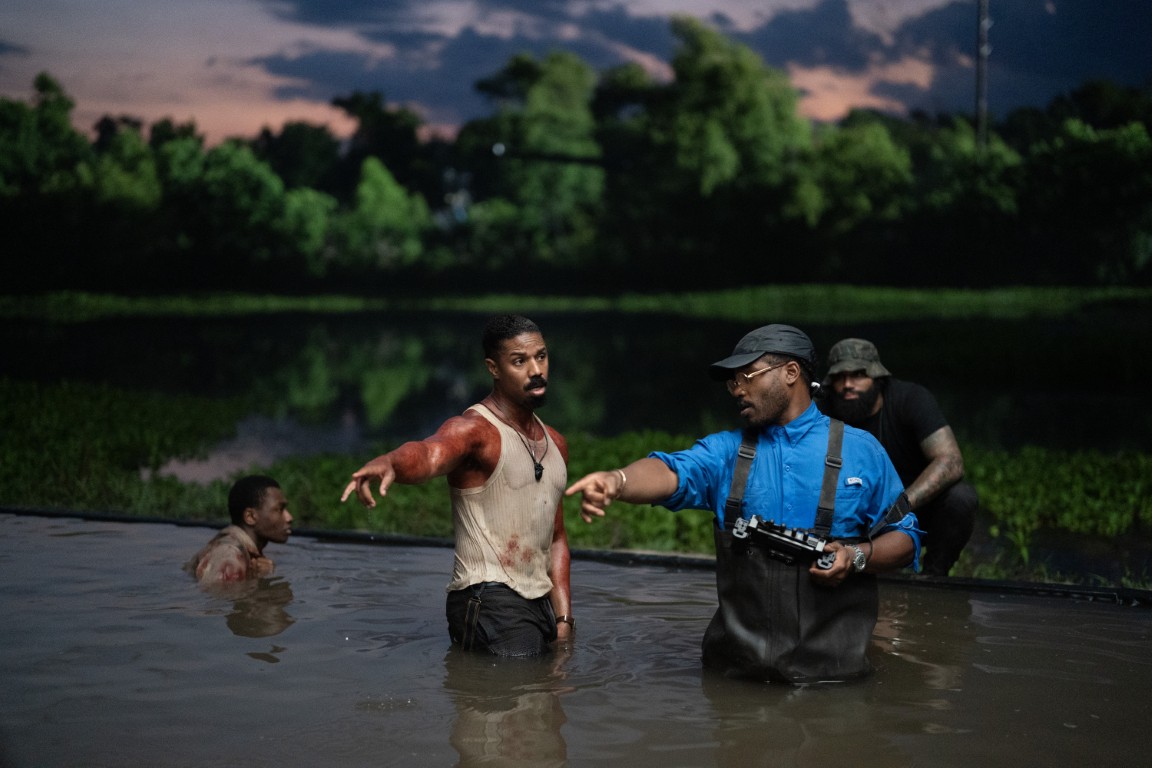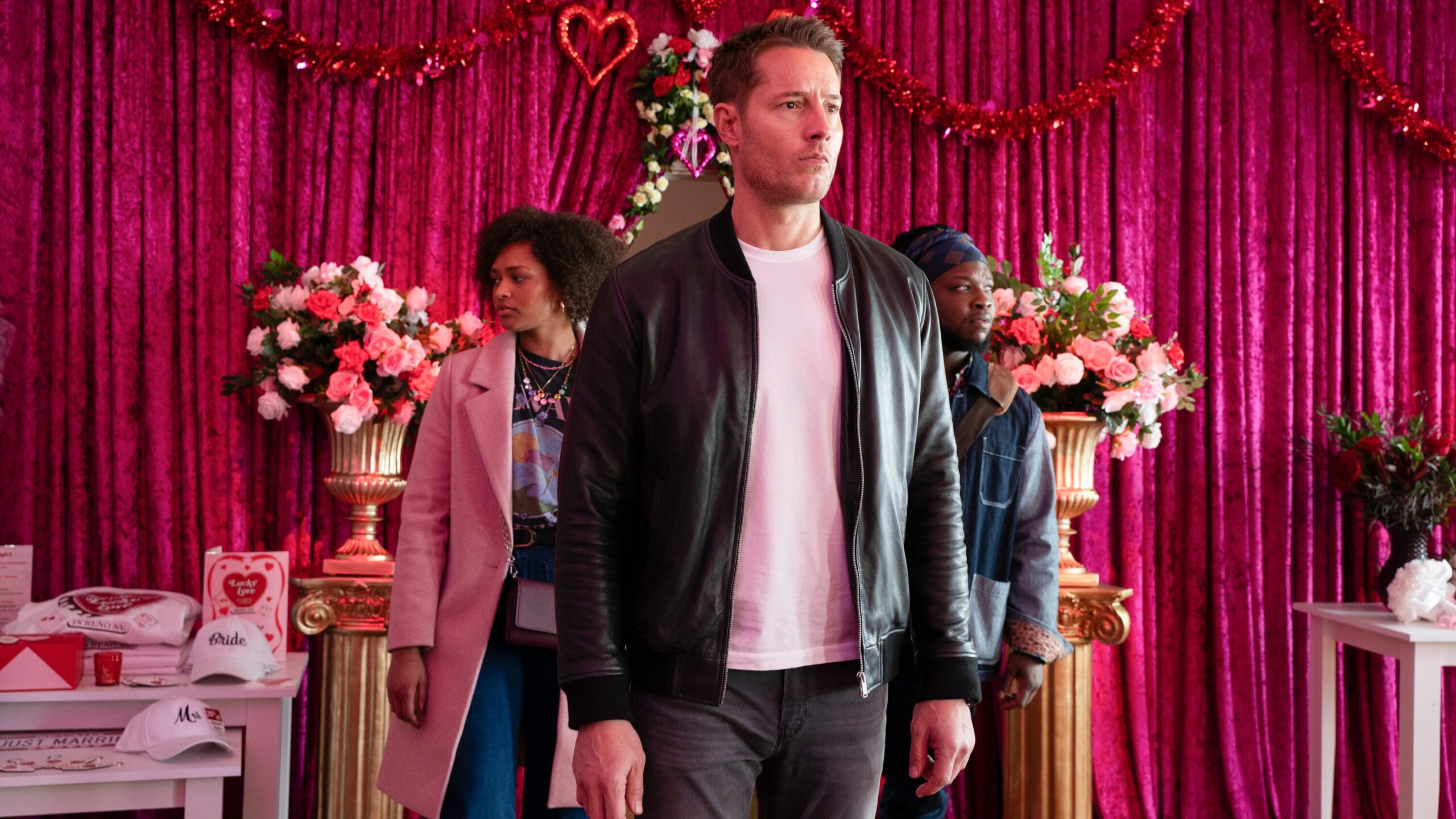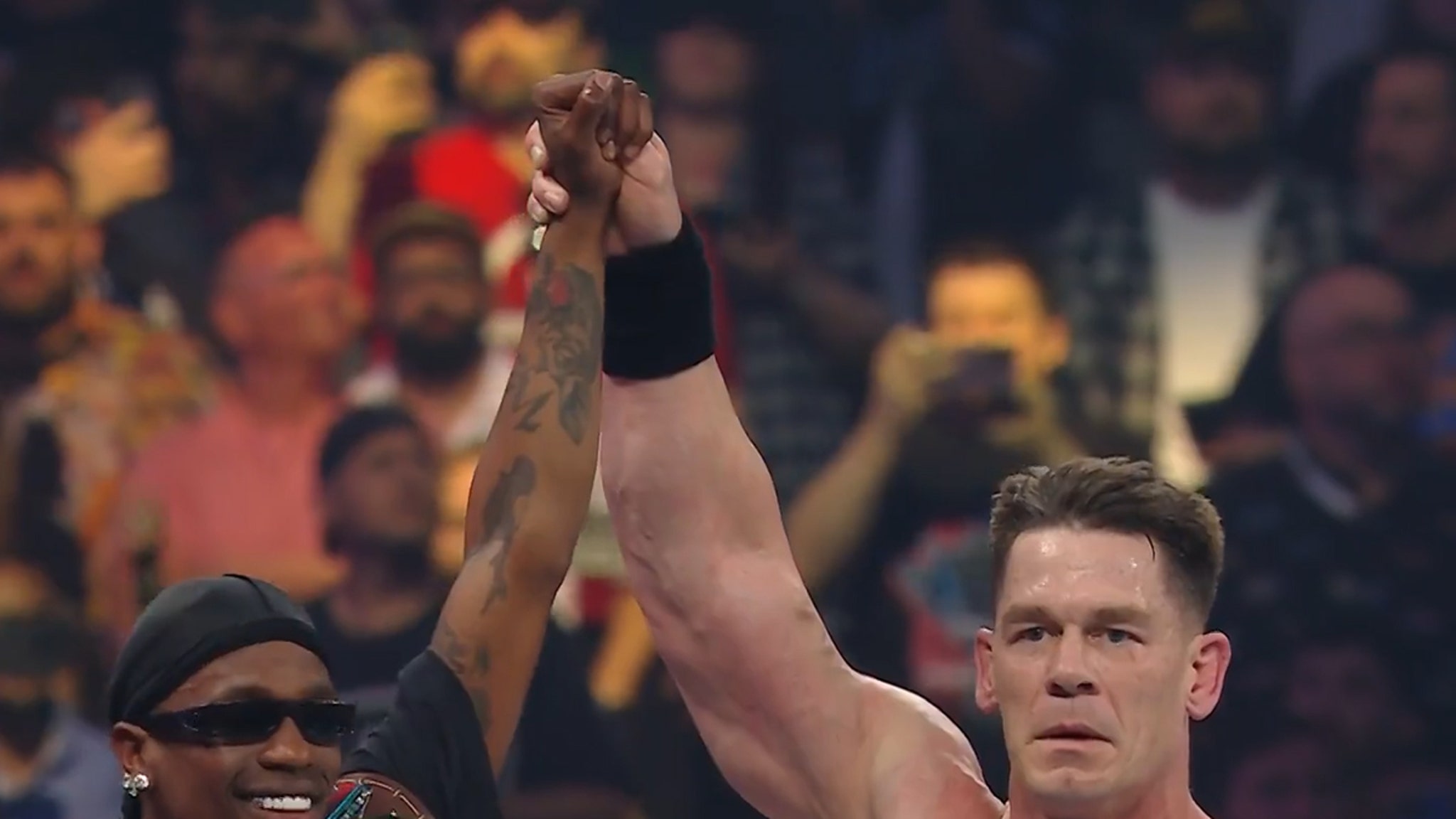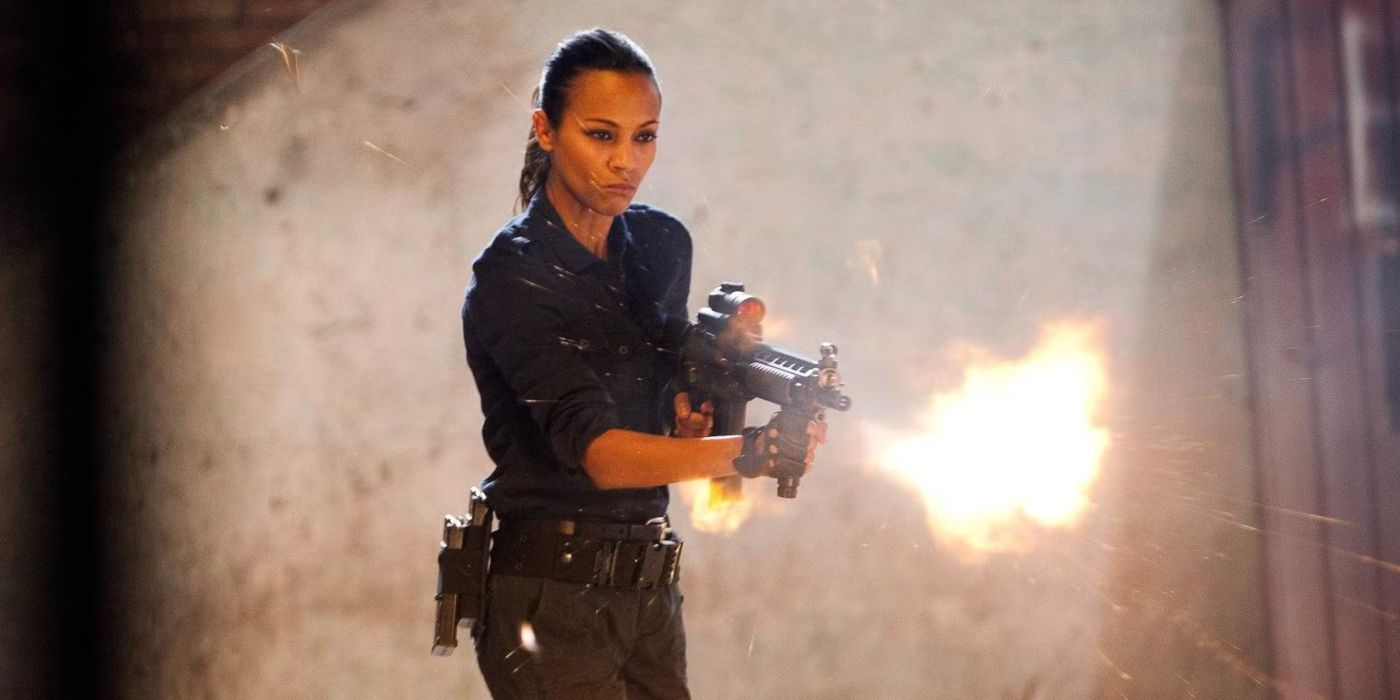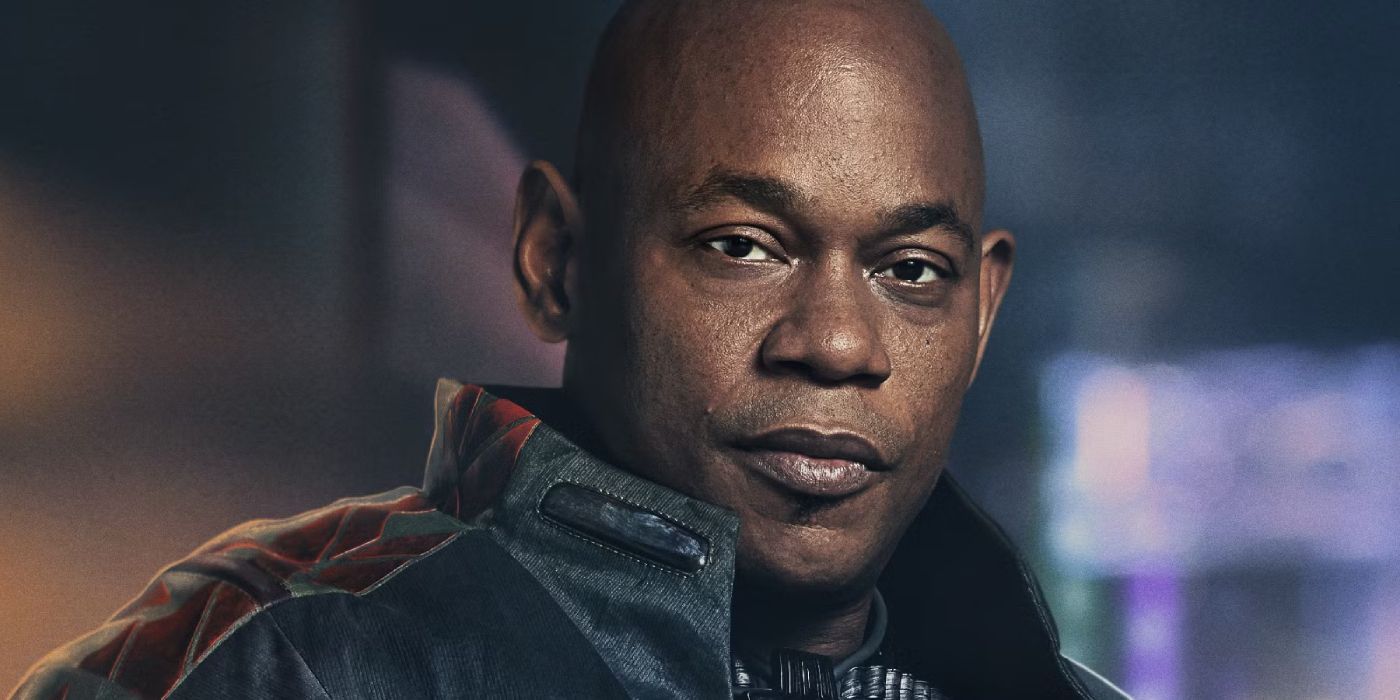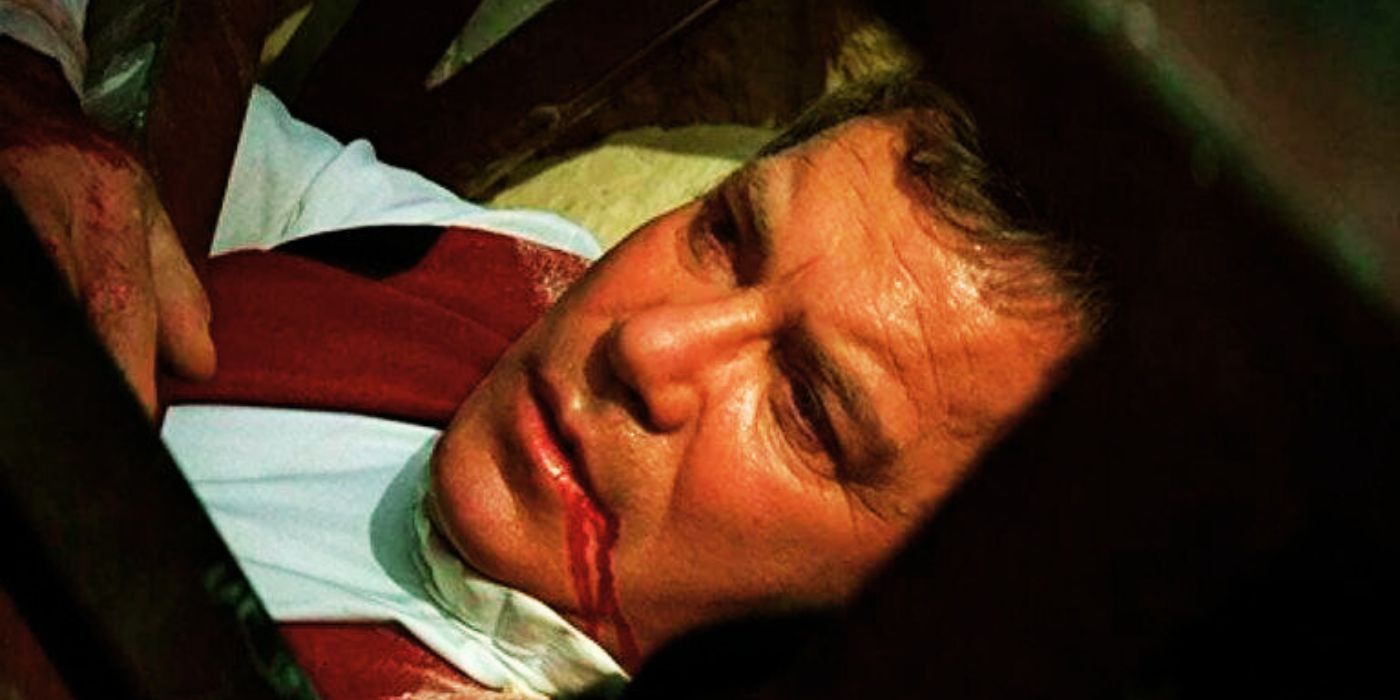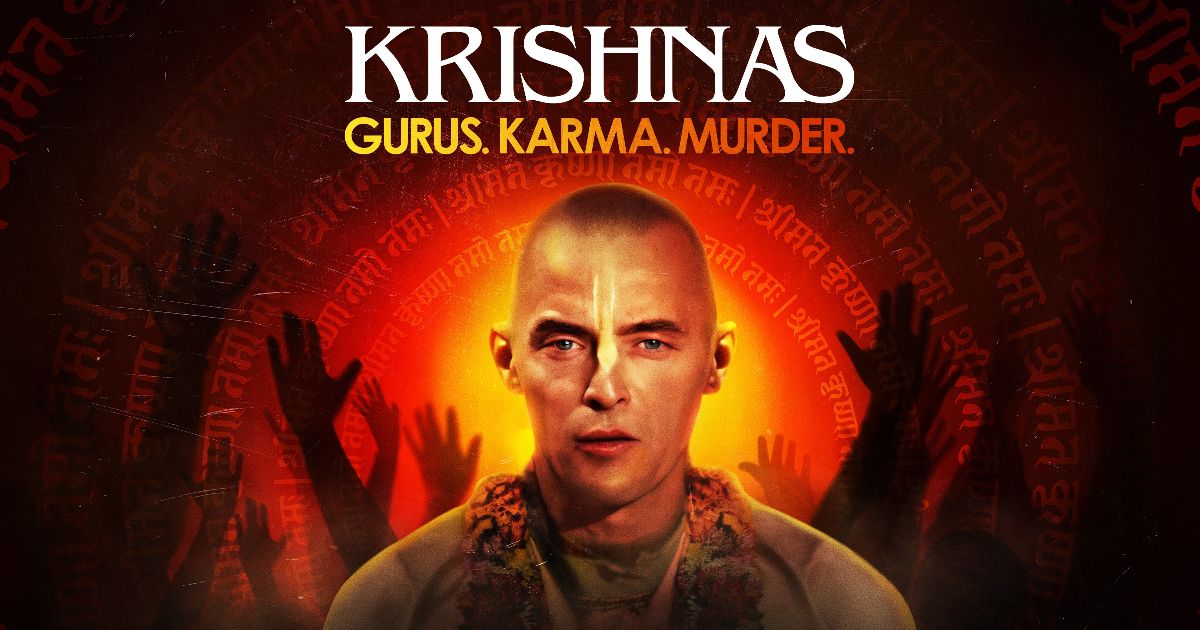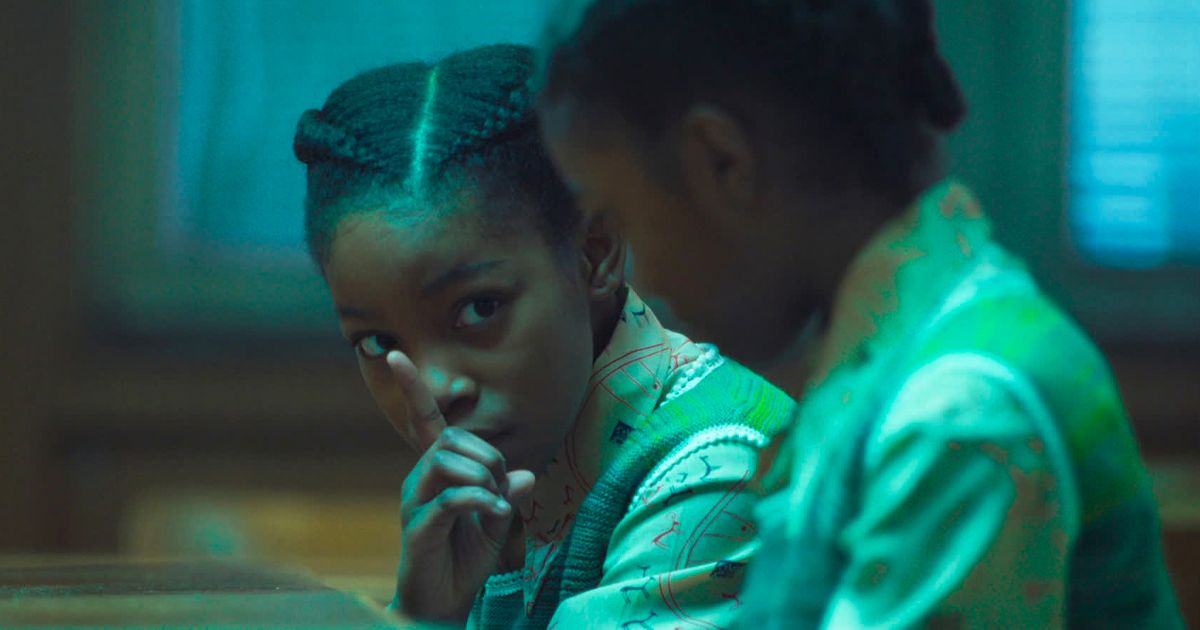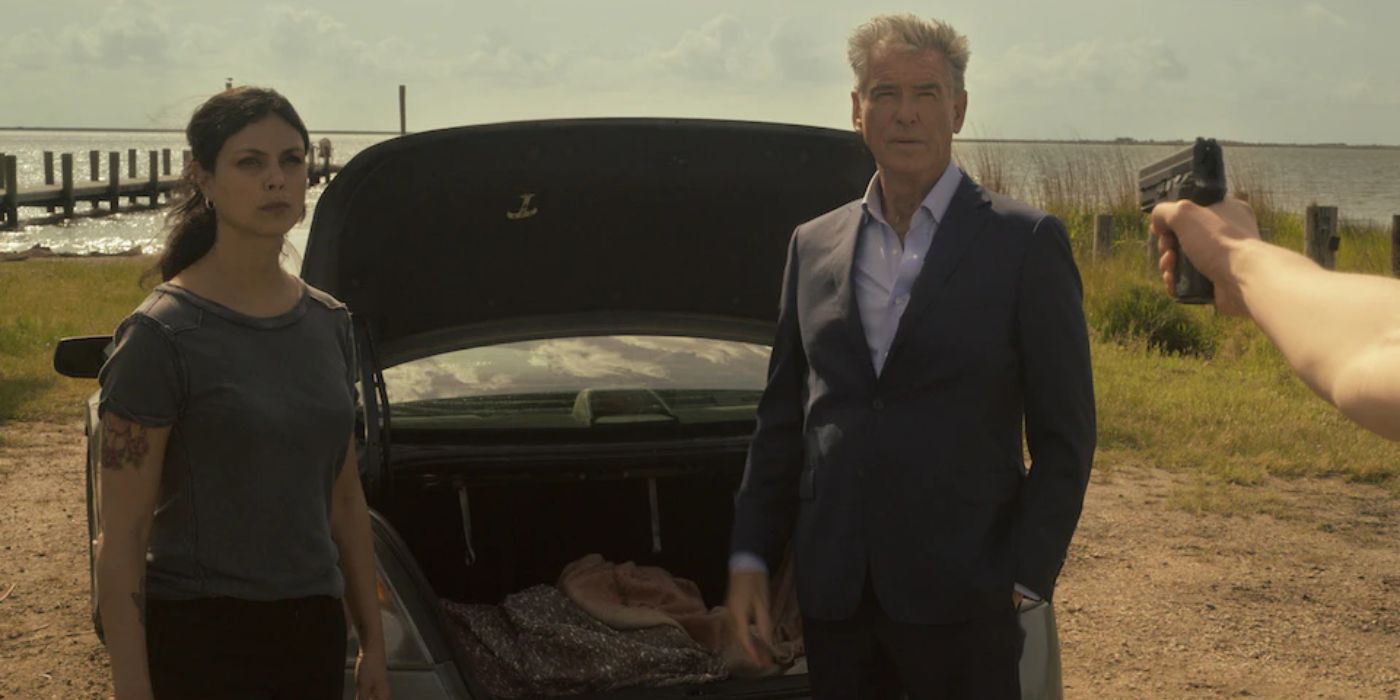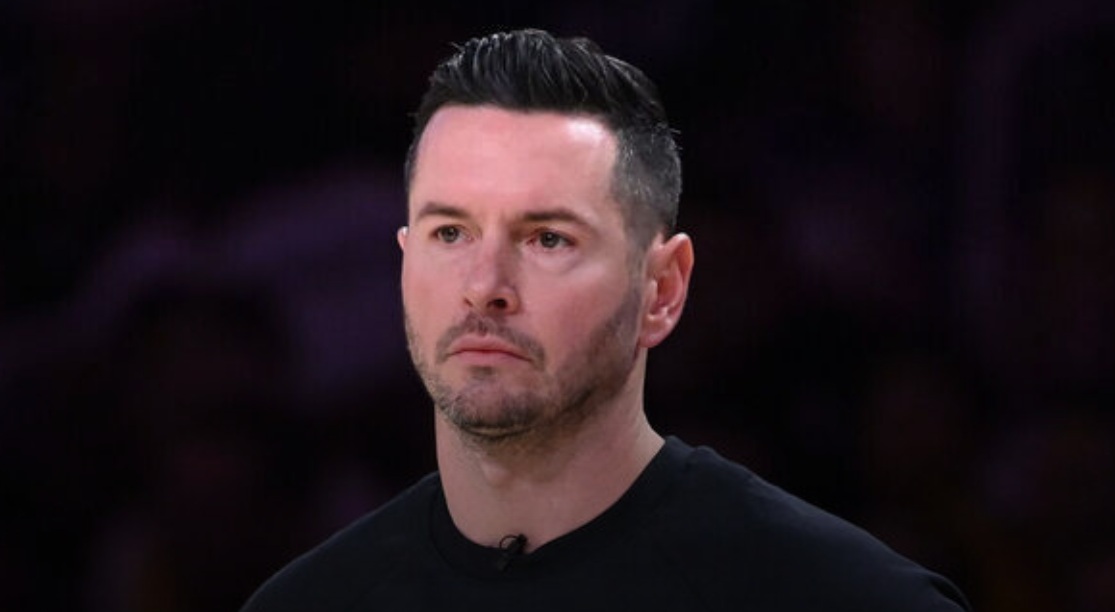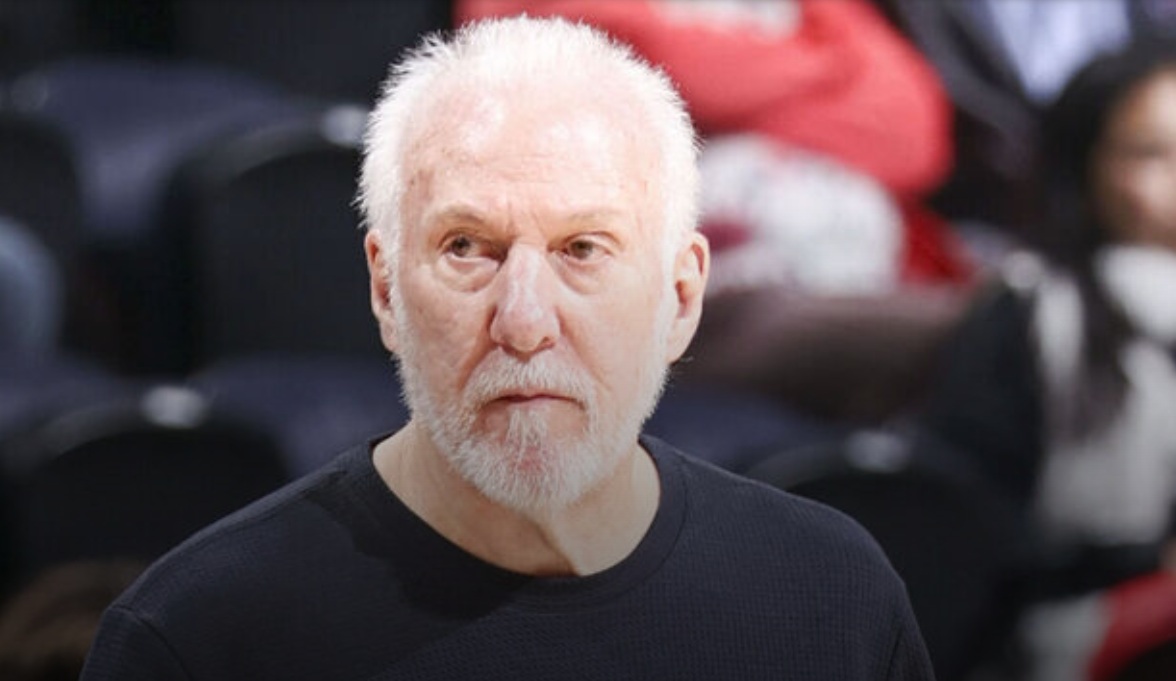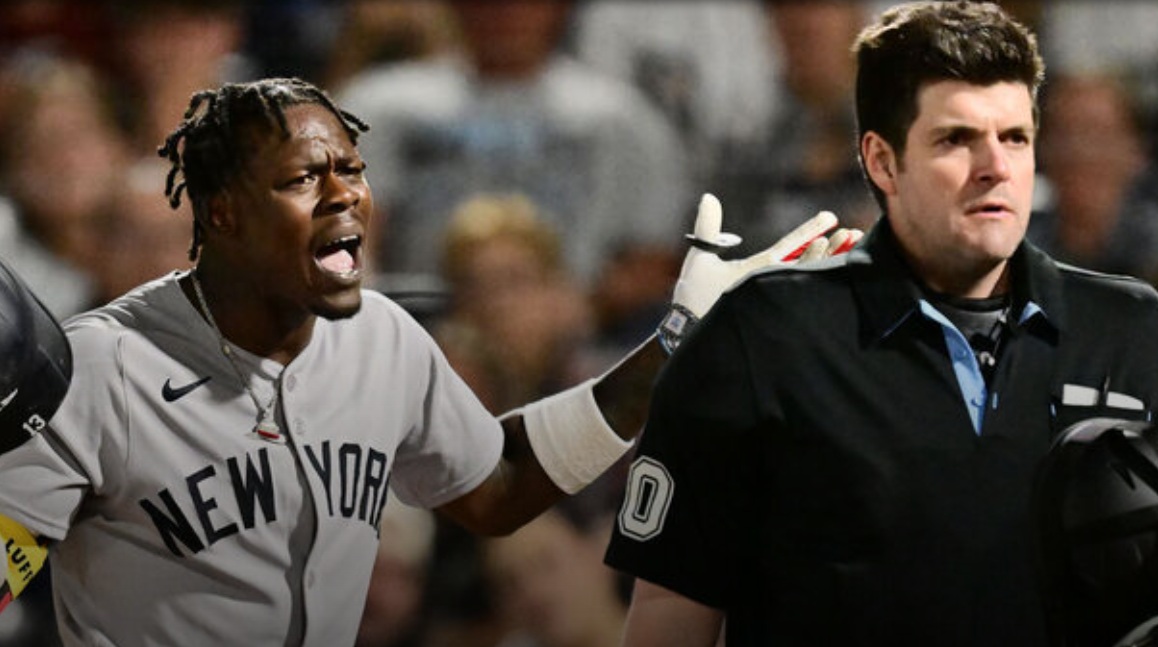Summary
- William Shatner aimed to convey Kirk’s final moments with a sense of curiosity and courage, seeking a nuanced interpretation.
- The actor felt his ad libbed line, “Oh my,” should reflect dread and adventure in facing the unknown and death.
- Shatner’s main concern is not Kirk’s death but the execution of the character’s last words with wonder and exploration.
The character of Captain James T. Kirk, portrayed by the venerable William Shatner, stands as a towering figure in Star Trek’s history. As the original captain of the Starship Enterprise, Kirk’s adventures and leadership have been a cornerstone of the franchise. However, it is his final moments in the film Star Trek: Generations that have recently resurfaced in discussions, particularly his last words: “Oh my.”
I never quite hit it. I never quite got that nuance that I was looking for.
In an interview with Screen Rant promoting the documentary, Shatner shared his thoughts on Kirk’s death scene in Star Trek: Generations. He explained that he sought to capture a sense of curiosity and courage in Kirk’s final words. Shatner aimed to convey a blend of apprehension and eagerness for the unknown, a characteristic he believed defined Kirk throughout the series. However, he feels that he didn’t fully achieve the nuance he was striving for. Shatner shared:
William Shatner:
The thing an actor can bring to a written word is the interpretation of how to say it. I love you. I love you. I love you. Variations on the words. So if the writer has written I love you, and the actor gets a hold of it and does something totally unthought of, that’s a big deal. The director either gets upset or goes with it. In this case, I thought of Kirk as being so courageous in life that when he faced things that he didn’t know about, like the strange, the weird… the entities that the writers thought up, when he faced death, he would face death with a sense of adventure. ‘Oh, what’s going to happen now?’ So I ad libbed, Oh my.’ And I wanted that ‘Oh my’ to be ‘Oh my,’ like, dreading it but, but looking forward to the adventure – somewhere in between, you know, and it would be very obvious to you what he was thinking. And I never quite hit it. I never quite got that nuance that I was looking for. I had another couple of takes, but they they didn’t understand what I was doing.
Screen Rant:
I’ve seen that scene so many times. I do feel it. I feel Kirk seeing the great beyond, the great mystery. And I do feel that he meets it with that curiosity…
William Shatner:
And awe and wonder. Every time he faced an animal, an entity, he didn’t say, ‘Oh my’ [with fear or disdain], he would say, ‘Oh, my look at that. I wonder if it’s going to eat me?’ You know? I think that was his attitude.
Related Star Trek: Captain Kirk’s 15 Best Quotes, Ranked William Shatner’s James T. Kirk was the first captain to take Star Trek fans into the final frontier, and he shared a lot of wisdom along the way.
At the age of 93, Shatner remains a dynamic presence in the entertainment industry, with a career spanning over seven decades. His journey and contributions are showcased in the new documentary “William Shatner: You Can Call Me Bill,” directed by Alexandre O. Philippe. The film offers a deep dive into Shatner’s life, with a significant focus on his iconic role as Captain Kirk.
The death of Captain Kirk served as a pivotal moment in Star Trek lore, signifying the transition from the original series to Star Trek: The Next Generation. The aim was for Kirk to hand over leadership to the new generation’s Captain Jean-Luc Picard, portrayed by Patrick Stewart. However, despite Shatner’s iconic performance, the studio’s decision to eliminate Kirk stemmed from a desire to concentrate on the franchise’s new phase.
Debating Kirk’s Death and William Shatner’s Quest for the Perfect Last Words
Throughout the decades, there have been various talks about potentially reviving Captain Kirk, featuring a concept for Shatner to represent an alternative version of the character in Star Trek: Enterprise. Nonetheless, these concepts never materialized. Yet, these ideas never took shape. The approach to Kirk’s death has been a point of debate among enthusiasts, with some, including Shatner’s fellow cast member Walter Koenig, finding it unsatisfactory.
Despite the ongoing debate surrounding Kirk’s final scene, Shatner’s main concern is not the character’s death itself, but rather the execution of his last words. He wishes he could have imbued “Oh my” with the sense of wonder and exploration that he believes epitomized Captain Kirk.
As Star Trek continues to evolve and captivate new audiences, the legacy of Captain James T. Kirk, as portrayed by William Shatner, remains an integral part of the saga’s rich tapestry. Shatner’s reflections on Kirk’s final words offer a glimpse into the actor’s deep connection to the character and his desire to leave a lasting impact on the storied franchise.
You can view the original article HERE.


